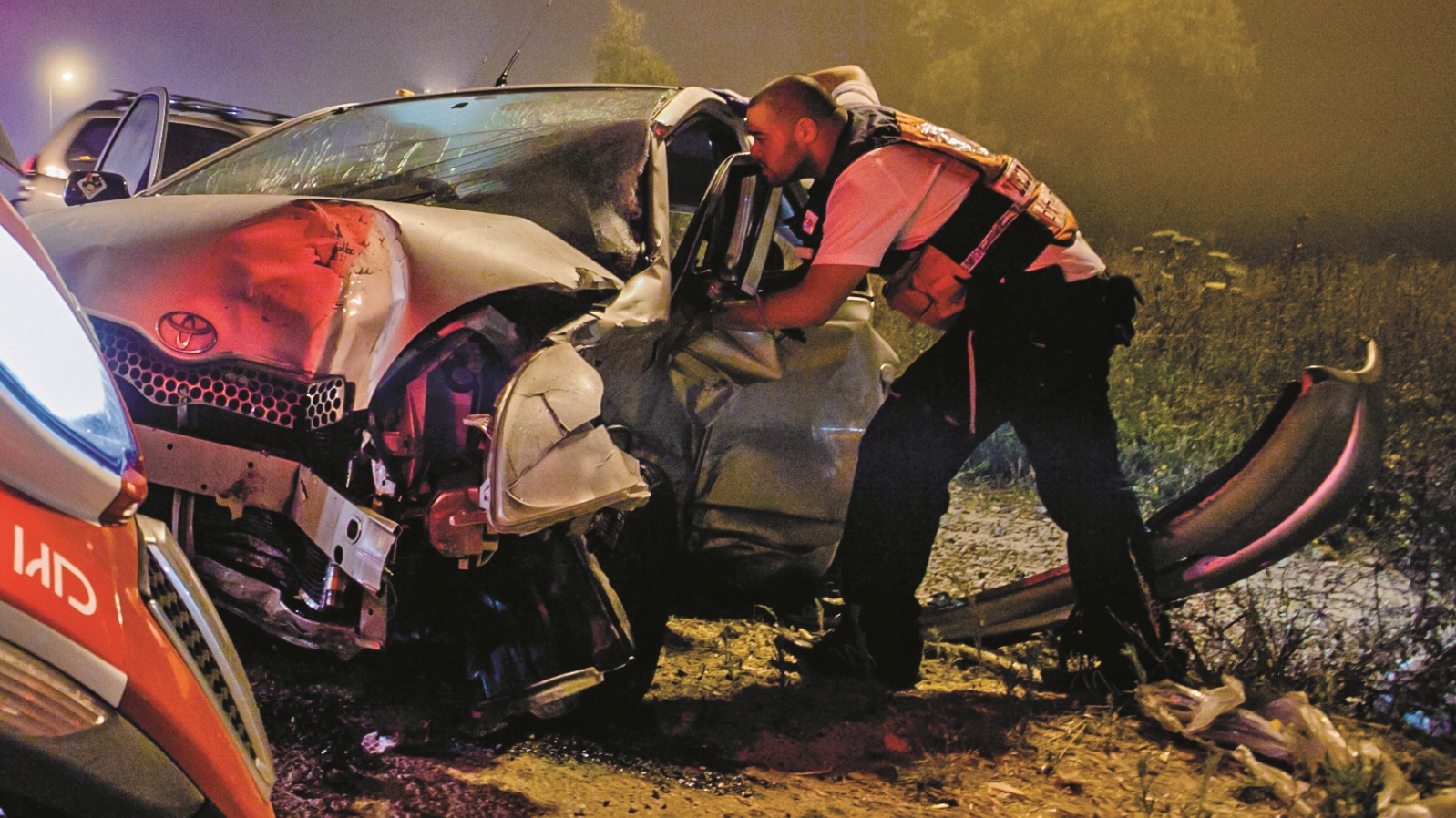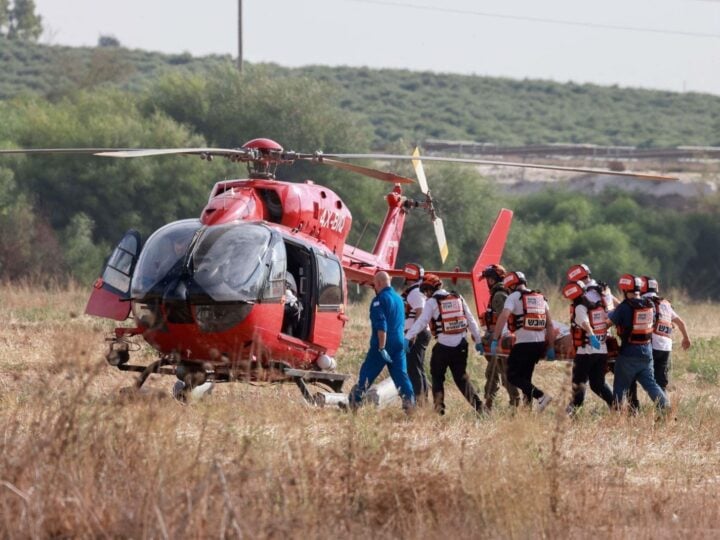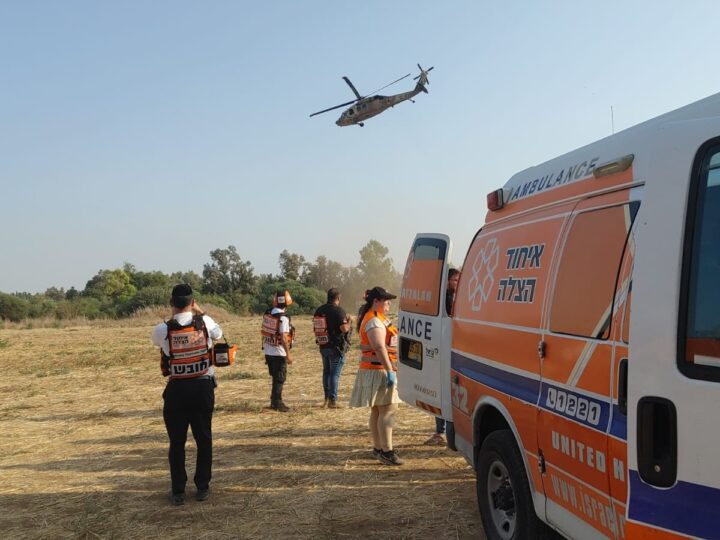Beginning in February 2019, late-model cars involved in crashes in Israel have started to call for ambulances autonomously, reporting the exact location as well as the specifics of any injuries.
The initiative is a joint venture between Haifa-based startup MDGo and Magen David Adom (MDA), Israel’s national emergency response service.
The system uses sensors already installed in most new models for a variety of purposes, including locating stolen cars. MDGo’s system determines the nature of an accident (front, rear, or side impact); whether the car rolled; the speed and severity of the impact; and the nature and extent of driver and passenger injuries expected, using a sophisticated algorithm.
In tests conducted with about 250,000 vehicles in Israel since June 2018, the MDGo system was 100 percent accurate in reporting car accidents and 92% accurate in projecting the injuries sustained compared to field assessments made by MDA emergency medical technicians arriving on the scene.
The new autonomous system has not only dramatically reduced response times, but also enabled MDA to respond with the appropriate equipment and protocol, according to Ido Rosenblat, MDA chief information officer.
“This is particularly crucial in serious accidents, where a driver is rendered unconscious and is otherwise unable to seek medical assistance,” Rosenblat said.
“With the information the system now provides us, we can make immediate assessments about what kind of response we need to activate — whether it’s dispatching a Basic Life Support ambulance for broken bones and non-lethal injuries, a Mobile Intensive Care Unit ambulance for potentially life-threatening injuries, or even one of our Medevac helicopters.”
In the chaotic aftermath of an accident, it takes an average of five minutes during the day and seven minutes at night before someone calls for an ambulance. With the MDGo system, MDA is alerted in seconds.
By getting to the scene earlier, MDGo estimates non-pedestrian auto fatalities can be reduced by 44% using this technology.
“MDGo does more than bring first responders to the scene more quickly,” said Dr. Itay Bengad, MDGo’s cofounder and CEO, and also a physician in Tel Aviv. “Based on the vehicular impact, it alerts arriving EMTs and the hospital to injuries the patient may have sustained, but which may not be immediately apparent. This enables earlier interventions and prevents potentially fatal complications that can result from leaving undetected injuries unaddressed for hours — or even days.”

















